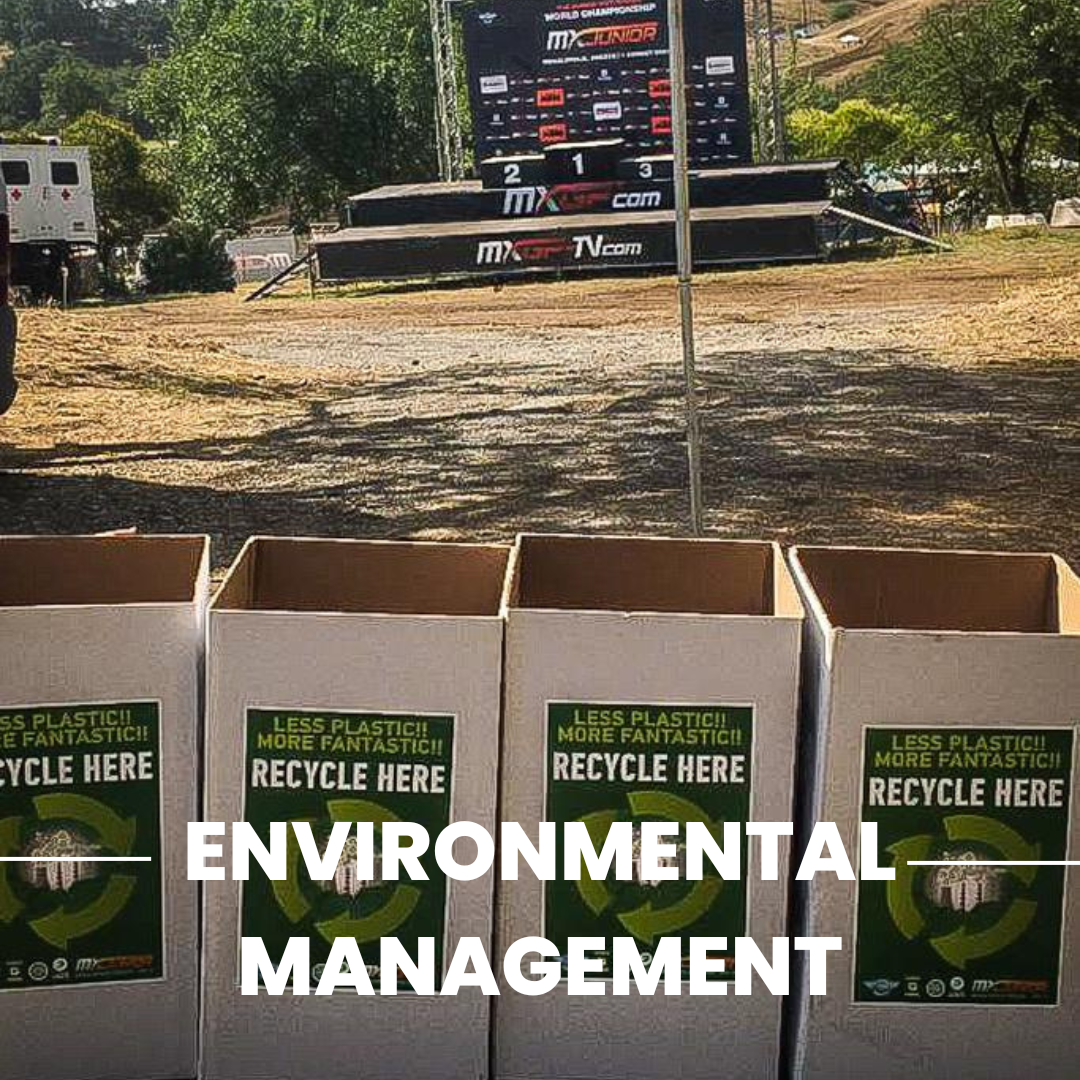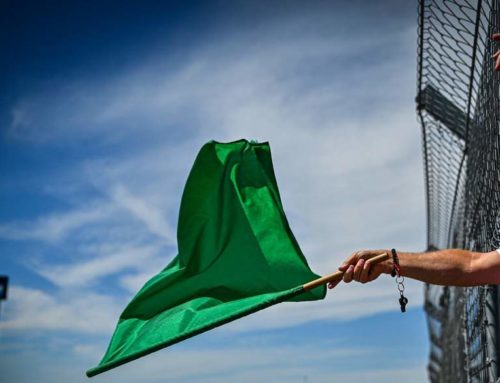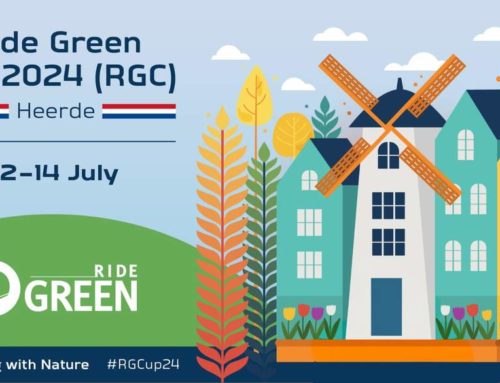Background
Governing body published in 1994 the first Environmental Code.
1996 The role of the Environmental Steward was created by the governing body.
GB launched in 1997 the first environmental seminar for Environmental Stewards.
This programme was conceived as an control tool for sporting events. The programme consists of a series of environmental regulations and the presence of an Environmental Steward holding an appropriate licence which they obtain by taking a two-day seminar offered by the FIM Academy with certified instructors expert members of the CID. The presence of the Environmental Steward is mandatory at every FIM event. The Sustainability Commission contributes to the organiser, oversees that the event complies with the regulations of the Environmental Code, which is the oldest and only one of its kind amongst sports organisations, and identifies all positive aspects which can be supported. The Environmental Steward can identify objectives for improvement, identify good practices, and identify good practices that can apply for the sustainability trophy.
Geographic territories
Worldwide
Budget
55,000 € annually
Dates
1994 – ongoing
Partners
National Federations, Promotors, Sporting Commissions and Volunteers
Action Plan
The Training of the Environmental Stewards by seminars instructed by the CID experts certified by the FIM Academy. The Stewards obtain an International Environmental Licence, which is valid for three years. Then they must renew the licence. As described in the Environmental Code, the Environmental Stewards must be able to participate in planning the event. The Steward must be present in each event (those organised jointly need only one Steward). After the event and evaluating the facilities, the Stewards must fill out an evaluation report (Check list) and send it to the Sustainability Commission for reporting and analysis of each discipline.
This programmme also includes the CID Delegates who are responsible for verifying that the programme is being carried out reasonably as well as identifying points of improvement, educating our stakeholders and evaluating those events that we consider will have the most significant impact or those in which an event or special activities are taking place.
Our regulations are focused on protecting soil, water, climate, waste management, circular economy, and gender equality amongst others.
Objectives
Reduce the environmental impact of sporting and tourist events organised under the guidance of the governing body.
Promote the organisation of environmentally viable events.
Control the application of the Environmental Code.
Create modern and achievable regulations.
Educate our community
Anticipated outcome
This programme allows us to control events.
It is also a magnificent opportunity to incorporate more women into motorcycling. Currently, more than 80% of our events participate in this programme.




